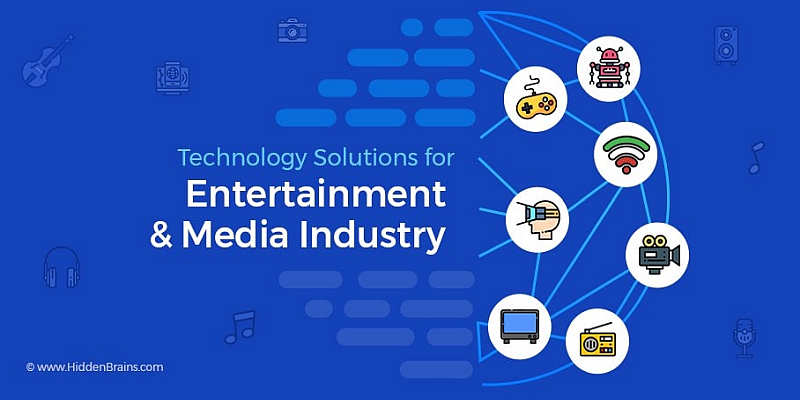Entertainment Industry Faces Rising Risks: Allianz Risk Barometer 2024

Business Interruption is #1 with 43% of responses. Pandemic Outbreak is #2 with 30% of responses. Natural Catastrophes is #3 with 22% of responses. Cyber Incidents and New Technologies are at #4 with 17% of responses. Addressing these risks is crucial for the sustainability and growth of the entertainment sector.
The Allianz Risk Barometer 2024 has unveiled the top five risks confronting the entertainment industry, emphasizing the critical challenges that need immediate attention. The leading risks include: business interruption, pandemic outbreaks, natural catastrophes, cyber incidents, and new technologies. Addressing these risks is crucial for the sustainability and growth of the entertainment sector. The report, based on insights from over 3,000 risk management professionals and business leaders, highlights the growing importance of addressing these risks to ensure business continuity and safeguard against potential disruptions.
1. Business Interruption (#1, 43% of responses)
Business interruption has surged to the top risk for the entertainment industry, rising from the fourth position in 2023. Disruptions caused by unforeseen events, such as supply chain issues, operational downtimes, and logistical challenges, can have severe financial impact. To mitigate this risk, entertainment companies should develop comprehensive business continuity plans, diversify revenue streams, and invest in digital transformation to enable remote operations. Regular risk assessments and scenario planning are also essential to ensure preparedness for potential disruptions.
2. Pandemic Outbreak (#2, 30% of responses)
The threat of pandemic outbreaks remains a significant concern for the entertainment industry, which relies heavily on large gatherings and live events. To address this risk, companies should implement robust health and safety protocols, including enhanced sanitation measures and vaccination requirements. Developing flexible event formats, such as hybrid or virtual events, can help maintain audience engagement during pandemics. Establishing partnerships with health authorities and investing in rapid response capabilities are also critical for managing pandemic risks.
3. Natural Catastrophes (#3, 22% of responses)
Natural catastrophes, such as floods, earthquakes, and extreme weather events, pose substantial risks to the entertainment industry. These events can disrupt production schedules, damage infrastructure, and lead to event cancellations. To mitigate the impact of natural catastrophes, companies should invest in resilient infrastructure, develop comprehensive disaster preparedness plans, and enhance early warning systems. Collaborating with local authorities and insurance providers to ensure adequate coverage and response strategies is also vital.
4. Cyber Incidents (#4, 17% of responses)
Cyber incidents, including data breaches and ransomware attacks, are a growing concern for the entertainment industry, which increasingly relies on digital platforms and data management. To mitigate cyber risks, companies should invest in robust cybersecurity frameworks, conduct regular security audits, and implement advanced threat detection systems. Employee training on cybersecurity best practices and developing incident response plans are essential components of a comprehensive cybersecurity strategy.
4. New Technologies (#4, 17% of responses)
The rapid adoption of new technologies presents both opportunities and risks for the entertainment industry. While technologies such as virtual reality, artificial intelligence, and blockchain can enhance audience experiences and streamline operations, they also introduce new vulnerabilities and regulatory challenges. To address these risks, companies should conduct thorough risk assessments before adopting new technologies, invest in ongoing staff training, and stay informed about emerging regulatory requirements. Collaborating with technology experts and engaging in industry forums can also help navigate the complexities of new technological advancements.
Mitigation Strategies and Industry Collaboration
Addressing these top risks requires a proactive and collaborative approach within the entertainment industry. Companies should:
1. Develop Resilient Business Continuity Plans: Implement diversified and flexible business strategies to minimize disruptions.
2. Enhance Health and Safety Protocols: Establish robust measures to protect audiences and staff during pandemic outbreaks.
3. Invest in Disaster Preparedness: Build resilient infrastructure and develop comprehensive back-up plans for natural catastrophes.
4. Strengthen Cybersecurity Measures: Implement advanced cybersecurity technologies and conduct regular training programs.
5. Navigate Technological Advancements: Assess risks associated with new technologies and invest in continuous learning and compliance.
By proactively addressing these risks, the entertainment industry in Africa and the Middle East can enhance its resilience, ensure operational continuity and longevity, and drive sustainable growth.
The Allianz Risk Barometer is an annual business risk ranking compiled by Allianz Group's corporate insurer Allianz Commercial, together with other Allianz entities. It incorporates the views of 3,069 risk management experts in 92 countries and territories including CEOs, risk managers, brokers and insurance experts and is being published for the 13th time.
